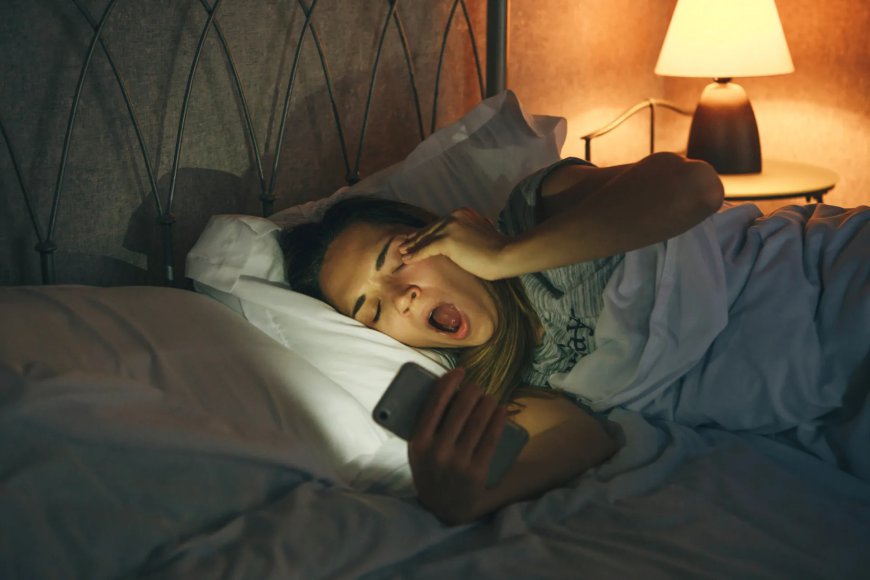How Lack of Sleep Affects Teen Anxiety

In today's fast-paced world, sleep deprivation is a common issue, especially among teenagers.
With academic pressures, social obligations, and the lure of digital devices, many teens find themselves getting less sleep than they need. This lack of sleep can have serious consequences, including contributing to anxiety. Here are ten key points explaining the role of sleep deprivation in teen anxiety.
Impact on Mood- Sleep Affects Teen Anxiety
Lack of sleep can significantly affect a teenager's mood. Teens who don’t get enough sleep are more likely to feel irritable, moody, and stressed, which can exacerbate anxiety. 
Cognitive Function
Sleep is essential for cognitive function. Sleep-deprived teens may struggle with concentration, memory, and decision-making, leading to increased frustration and anxiety about their academic performance.
Hormonal Imbalance
Sleep deprivation can disrupt the balance of hormones that regulate stress and emotions. This imbalance can make teens more susceptible to anxiety and mood swings.
Emotional Regulation- Sleep Affects Teen Anxiety
Teens need adequate sleep to regulate their emotions effectively. Without enough rest, they may find it harder to manage stress and anxiety, leading to heightened emotional responses.
Physical Health
Poor sleep can negatively impact a teen's physical health, leading to issues like headaches, weakened immune system, and fatigue. These physical symptoms can contribute to overall anxiety levels.
Social Relationships
Sleep-deprived teens may struggle with maintaining healthy social relationships. They might feel too tired to engage with friends or participate in social activities, leading to feelings of isolation and anxiety.
Academic Pressure
The pressure to perform well in school can be overwhelming for teens, and lack of sleep only adds to this stress. The resulting anxiety can create a vicious cycle, where anxiety leads to poor sleep, and poor sleep exacerbates anxiety.
Behavioral Issues- Sleep Affects Teen Anxiety
Teens who don’t get enough sleep are more likely to exhibit behavioral issues, such as impulsivity and aggression. These behaviors can strain relationships and increase anxiety.
Mental Health Disorders
Chronic sleep deprivation is linked to various mental health disorders, including anxiety and depression. Teens who consistently lack sleep are at a higher risk of developing these conditions.
Lifestyle Choices
Sleep-deprived teens may make poor lifestyle choices, such as unhealthy eating or substance use, as coping mechanisms for their stress and anxiety. These choices can further worsen their mental health. In conclusion, sleep deprivation plays a significant role in contributing to teen anxiety. Ensuring that teenagers get adequate rest is crucial for their overall well-being and mental health. Parents, educators, and healthcare providers should work together to promote healthy sleep habits among teens to help mitigate anxiety and improve their quality of life. Follows Us for More Updates Like Us on Facebook Page : Click Here Like Us on Instagram : Click Here




























